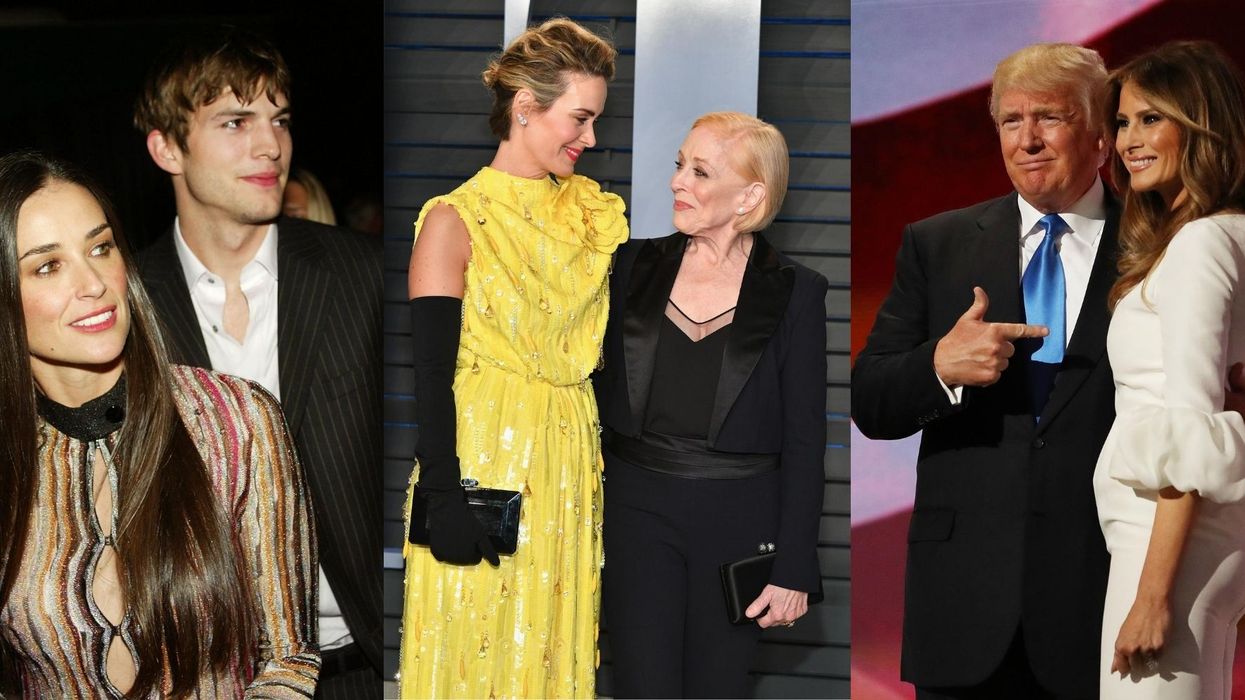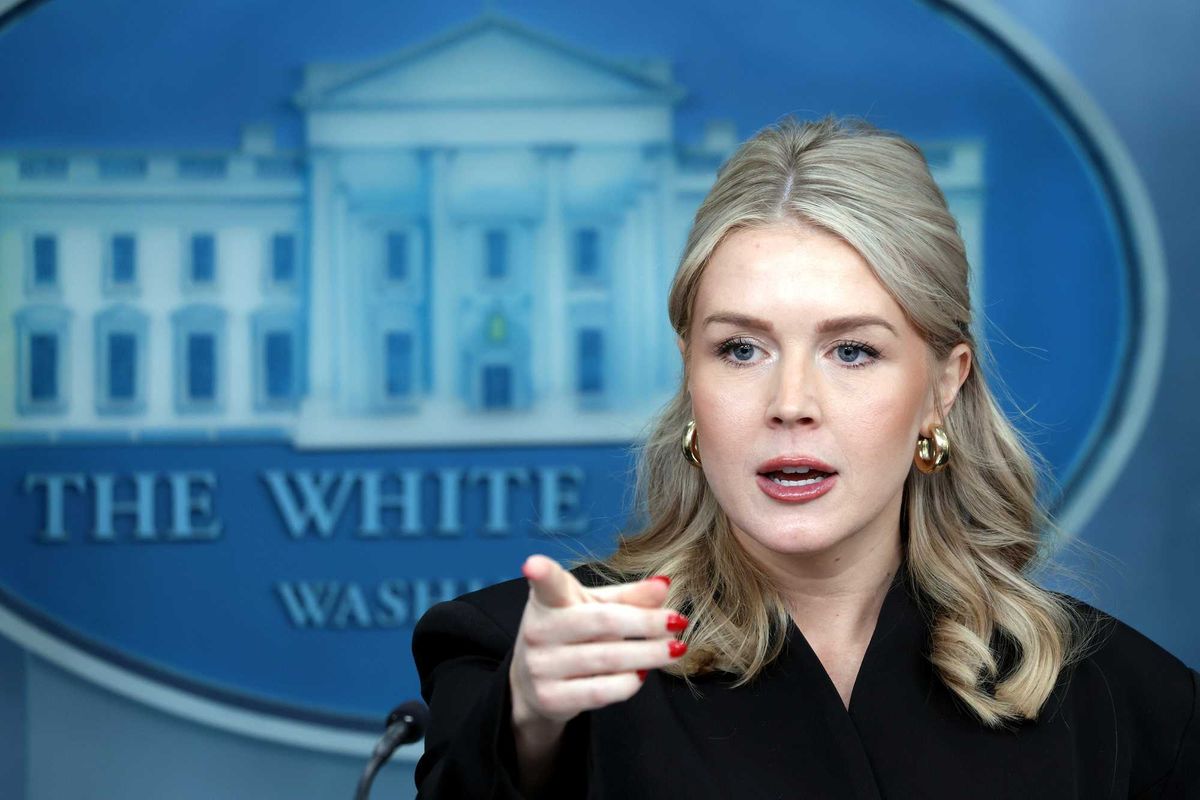Celebrities
James Besanvalle
Aug 19, 2020

Images:
Getty
Every now and again, the discourse around age gap relationships emerges online, but it seems to have reached a tipping point recently.
The main argument seems to be about whether these relationships are inherently exploitative. These discussions seem to have intensified after the Me Too movement rightly put the spotlight on exploitative dynamics in both a professional and personal setting.
So what are people saying about it?
If we look to the world of celebrity, there's a whole host of examples of couples who have received backlash for being different ages.
Recently, Scrubs star Zach Braff and Little Women actor Florence Pugh – who have an age difference of 21 years – received an onslaught of criticism since going public about their relationship.
Pugh has continually defended the validity of their relationship, but it reached fever pitch when she posted a “happy birthday” message to her 45-year-old boyfriend in April.
She explained to People:
I posted a photo in honour of Zach's birthday and I wrote a birthday message underneath. Within about eight minutes of the photo being posted, I had about 70 per cent of the comments hurling abuse and being horrid — basically bullying someone on my page. It is the first time in my entire Instagram life that I've had to turn off the comments on my page.
The reason? Her age gap relationship, she explained:
I am 24 years old. I do not need you to tell me who I should and should not love, and I would never in my life tell anyone who they can and cannot love. It is not your place.
There certainly seems to be a hint of misogyny at play in some of these discussions.
A 2008 study found that women who are older than men in relationships face “significantly stronger opposition” from the public than men who are older than their female partners.
And let’s not forget the casual misogyny of referring to women in relationships with older men as “trophy wives” or “gold diggers”, or those who are in relationships with younger men as "cougars".
Ex-couple Demi Moore and Ashton Kutcher – who had a 15-year age gap when they dated and eventually married – constantly received backlash for their relationship.
Speaking about it in 2008, Moore told Harper’s Bazaar:
People made such a fuss about my relationship with Ashton. You would have thought they had never seen it before. Age wasn't what I was thinking about, but to the rest of the world it was a very big deal.
If exploitation is the main issue in people’s minds regarding age gap relationships, then it’s important to remember that power play exists in all relationships.
Age can be a determining factor in exploitation, abuse and power imbalance, but that’s not to assume that it inherently always will be.
It’s whether the dynamic is healthy or unhealthy that matters. Therefore, assigning one relationship as unhealthy simply based on the fact that there’s an age gap between them seems unfair and unhelpful.
For example, there are plenty of things to criticise Melania and Donald Trump – who have an age gap of 24 years – about, without resorting to calling the POTUS as Melania’s “sugar daddy”.
The queer lens
Earlier this month, the University of Massachusetts announced it’s investigating 31-year-old mayor of Holyoke, Alex Morse, over a sexual misconduct claim levelled against him by a student group, which he strongly denies.
The College Democrats of Massachusetts alleged Morse made students feel “uncomfortable” after using dating apps to pursue friendships and sexual relationships at the university while he was a guest lecturer there.
Morse doesn’t deny he’s pursued sexual relationships with students in the past, but said it’s never been with anyone he’s personally taught.
The University of Massachusetts implemented a policy in 2018 that banned consensual relationships between faculty and students if the staff member has "any responsibility for supervision, evaluation, grading, advising, employment, or other instructional or supervisory activity related to a student or post-doc".
But Morse has claimed the allegations are a “backroom, coordinated political smear” against his political campaign. Many also believe the allegations are “highly suspicious” because they emerged three weeks before Morse’s primary election fight – an accusation the College Democrats of Massachusetts denied.
Morse released a statement addressing the allegations.
But the issue has still caused many to debate general consent in adult age gap relationships, particularly when there's a professional element involved.
This follows stories like Monica Lewinsky's being revisited and viewed in a new lens over the last few years. There's now more of an understanding that just because someone is an adult, that doesn't mean they can't be exploited.
Some believe the criticisms against Morse in particular are rooted in homophobia.
It's clear that gender and sexuality do influence the way we think about age-differentiated relationships.
This can disadvantage people who are more harshly viewed and judged by a heteronormative, patriarchal and misogynistic society, but at the same time this also doesn't excuse anyone in those groups from criticism for genuinely exploitative behaviour.
It's complex and nuanced, basically.
But bizarrely the conversation seems to have progressed to how many years’ difference should be acceptable.
Which feels like it's never going to end well...
And then it descended into (we hope) jokes:
Here’s the thing: if you don’t think you could date someone who’s significantly older or younger than you, then no one’s forcing you to.
And none of us know exactly what's going on in other people's relationships, so judging people on a number alone isn't exactly fair.
If you think someone you know is in a relationship with a bad dynamic, then that's one thing. But you shouldn't judge anyone's relationship based purely on an age gap.
Top 100
The Conversation (0)












